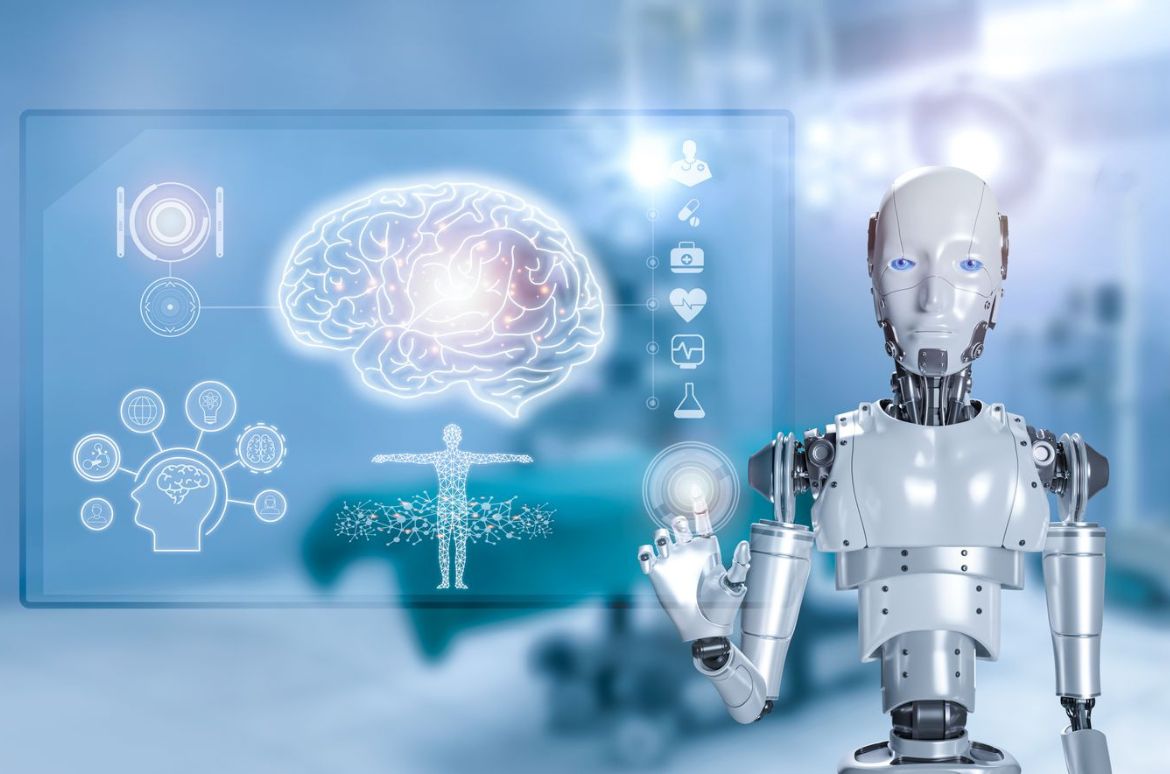The future of artificial intelligence Ai Technology holds immense potential for revolutionizing the way we live and work. As Ai Technology evolves, it will lead to advancements in automation, personalization, and efficiency across diverse fields, from healthcare to smart cities. Innovations in areas like generative Ai Technology , autonomous systems, and enhanced natural language processing will drive these changes, while ethical considerations and regulatory measures will ensure responsible development. Upon arrival, your senses will be rewarded with the pleasant scent of lemongrass oil used to clean the natural wood found throughout the room, creating a relaxing atmosphere within the space.
ADVANCEMENT IN Ai Technology
Generative Ai Technology: AI models will generate high-quality text, images, and videos,
improving content creation and artistic expression with enhanced realism and creativity.
Natural Language Processing (NLP): NLP advancements will lead to better understanding and generation of human language, enabling more nuanced and accurate interactions with Ai Technology systems.
Autonomous Systems: Progress in autonomous vehicles and robotics will enhance automation and safety, making self-driving cars and intelligent robots more practical and reliable in everyday applications.
INTEGRATION AND REGULARITY
Smart Environments: Ai Technology will power smart homes and cities, optimizing energy use, security, and resource management to create more efficient and sustainable living environments. 
Healthcare
Ai Technology will transform healthcare through advanced diagnostics, personalized treatments, and predictive analytics, leading to better patient care and more effective medical interventions.
Ethics and Governance
Ai Technology Ethics: Addressing biases and ensuring transparency in Ai Technology systems will be crucial for fair and responsible Ai Technology use, protecting users from discrimination and ensuring accountability.
Regulation and Policy: Developing comprehensive regulations and international standards will guide the ethical deployment of Ai Technology, balancing innovation with privacy, security, and societal impact.
Human-AI Technology Collaboration
Augmented Intelligence: AI Technology will enhance human capabilities by automating repetitive
tasks and providing data-driven insights, enabling more efficient and creative problem-solving in various fields.
Workforce Impact: Ai Technology will reshape job markets by automating routine tasks and creating new roles, necessitating reskilling programs to help workers adapt to changing job demands.
AI Technology in Everyday Life
Personal Assistants: Ai Technology-driven personal assistants will manage schedules, provide recommendations, and streamline daily tasks, offering personalized and context-aware support to users.
Education: Ai Technology will provide tailored educational experiences through adaptive learning technologies, improving student engagement and outcomes by addressing individual learning needs.
AI Technology and Creativity
Creative Industries: Ai Technology will collaborate with artists and creators to produce innovative art, music, and content, pushing the boundaries of creative expression and exploring new artistic possibility.

Environmental Sustainability
Resource Management: AI Technology will optimize energy consumption and reduce waste in various sectors, contributing to more sustainable practices and addressing environmental challenges.
AI Technology Research and Innovation:
General AI Technology: Research will continue towards achieving Artificial General Intelligence (AGI), which aims to develop Ai Technology systems with broad cognitive abilities similar to human intelligence, though it remains a long-term goal.
AI Technology in Security and Defense
Cybersecurity: Ai Technology will enhance cybersecurity by detecting and responding to threats in real time, improving protection against cyberattacks and safeguarding sensitive information.
